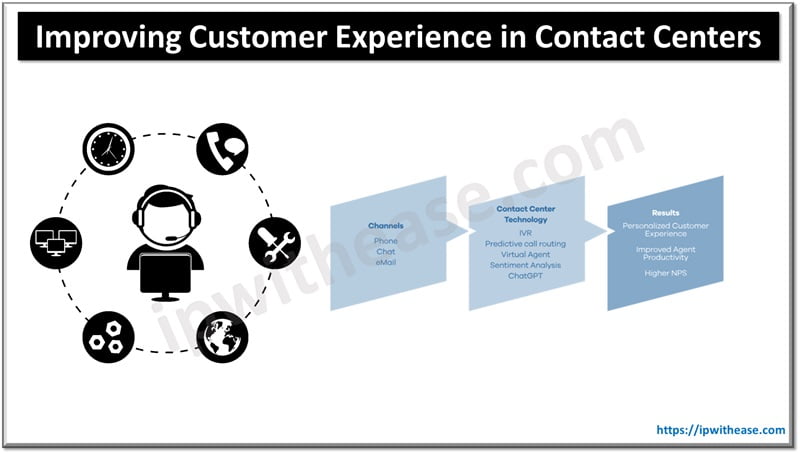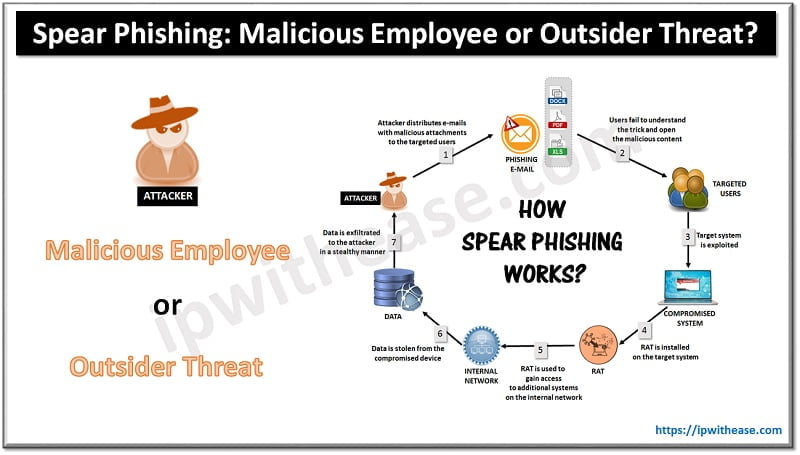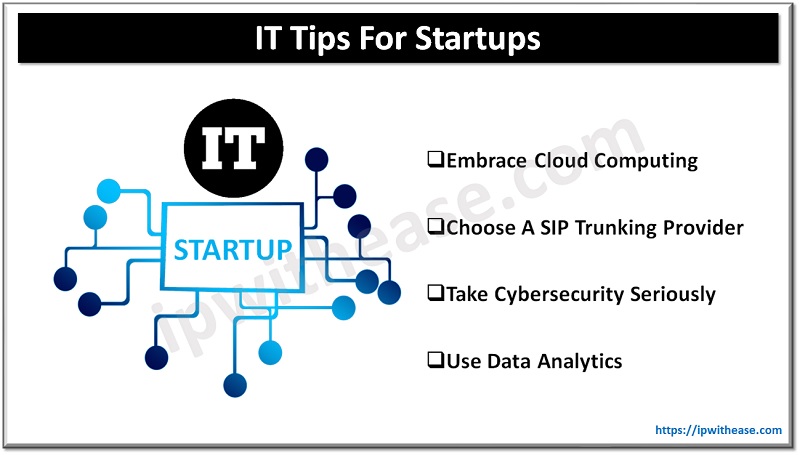Table of Contents
Many people believe only big corporations, businesses, or governments face cyber threats. But small businesses aren’t too safe either.
Statistics point out that 43% of cyber attackers target smaller businesses. Big companies can tackle cyber-attacks due to their substantial resources. It is mostly smaller firms that lack security.
If hackers can break into big enterprises, nothing can stop them from threatening a small business. However, owners of smaller companies are becoming increasingly conscious about their cyber security.
Smaller company owners are recognizing the importance of cyber security. As threats evolve, expert help such as GuidePoint’s security services is essential. Safeguard your business with knowledgeable guidance.
Today, cyber threats have evolved and escalated in numbers as well as complexity.
What Are The Types Of Threats Faced By A Small Business:
- Phishing.
- Malware.
- Drive-by downloads.
- Watering holes.
- Ransomware.
- Viruses.
With so many threats on the rise, how can an owner from a small firm prevent them? You can still protect your company from such attacks by following essential steps.
Here Are 6 Cyber Security Tips That Will Help You Safeguard Your Small Business:
Backup Files Frequently
Daily back-ups are a requirement for any company. If you don’t back up files regularly, the data can become breached or compromised. The amount of information stored in computers and cell phones is easy to target for data corruption or loss.
In ransomware attacks, hackers use malware to access the company’s system. Once hacked, it prevents the company from entering the system unless and until they pay a hefty ransom. It is evident and mainly occurs when companies don’t back up their data correctly.
You can rely on backup software that automatically copies files into the storage. If an attack does occur, you can quickly restore all your files.
Invest In A Reliable Scanning Tool
Companies must invest in a scanner that acts as an automated software. It regularly scans your web servers, networks and applications. This tool gives a small business an idea about their weakness and security holes present.
It also helps understand what the firm looks like to the attackers. Additionally, you also get to know what you should beware of in the infrastructure.
However, the most crucial aspect to keep in mind about these scanning tools is evaluating them. Even with a trusted provider, you should examine their security and hold it to high standards.
Train Your Employees
Employees can carelessly contribute to the loss of data. It gives access to cybercriminals to access your networks.
Many scenarios may lead to a cyber threat, such as opening up a fraudulent email, giving away login credentials or losing a work tablet. A small business needs to conduct regular employee or cybersecurity awareness training.
When given to the entire workforce, the training will help them take proper steps to prevent viruses from accessing your system. Employees will also know what to do when they receive a suspicious email or link.
As cybersecurity keeps on evolving, make sure your curriculum also stays up to date.
Risk Assessment
By performing a routine risk assessment, you can figure out potential risks that comprise your company’s security. As part of the assessment, identify where your data is stored and who has access to it.
Moreover, determine the risk levels by playing out possible events to fill in any gaps in the security. Analyze how breaching can impact your firm and how you can prevent it from happening.
Risk assessment also involves tabletop exercises and stimulation where you can test employers. These exercises can help a company figure out its weakness and improve further.
Once you review the security strategy, you can make necessary changes and provide extensive protection to your data.
Update Software
You must constantly update the software you use to run a business. Outdated or old software can lead to threats and can breach your security.
When software is vulnerable, cybercriminals exploit it by using various tactics. This exploitation helps them gain access to your computer system and the information stored.
Updating software strengthens the loopholes which hackers may try to enter.
Use Additional Protection
Through dark web monitoring, you can monitor your employees’ accounts. It allows for implementing stronger passwords and policies.
Antivirus technologies and deploy firewalls ensure your networks are not vulnerable to attacks.
One of the most recommended protection methods is using proxy services. They provide multiple protection by establishing a solid connection between you and the internet. It encrypts data and provides security from external attacks.
Implementing cybersecurity for a small business is one of the main factors to keep in mind. As technology evolves, hackers seemingly become smarter by coming up with new cyber threats.
But, proper tools can help prevent data breaches that can devastate your enterprise.
Continue Reading:
ABOUT THE AUTHOR
IPwithease is aimed at sharing knowledge across varied domains like Network, Security, Virtualization, Software, Wireless, etc.



